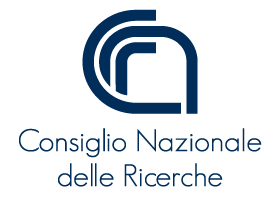Il saggio muove da una comparazione tra la crisi economica e finanziaria del 2009 e la crisi sanitaria del 2020, dovuta alla pandemia da Covid-19, nel contesto istituzionale dell’Unione europea. In particolare, si mette in evidenza la scarsa capacità di realizzare la ripresa e la trasformazione del sistema di governo dopo la crisi del 2009 da parte degli Stati membri e delle Istituzioni europee, nonostante le indicazioni del Blueprint della Commissione (del 2012) e della Relazione dei cinque presidenti (del 2015).
Per contro, nei confronti della crisi sanitaria, la reazione delle Istituzioni europee è sembrata più decisa con la realizzazione di diversi strumenti di contrasto alle conseguenze economiche della Covid-19 pandemia. Tra questi si segnala in particolare il Recovery fund- Next Generation EU, collegato al QFP del 2021-2027. La reazione alla pandemia mostra le possibilità dell’Unione europea di realizzare una Comunità di Stati solidale e dotata di una propria identità anche nello scenario internazionale.
Tuttavia non è assolutamente detto che questa idea possa prevalere rispetto a quella che vede nell’Unione europea semplicemente una organizzazione di libero scambio tra gli Stati membri. Decisa per definire l’evoluzione dell’Unione europea appaiono essere le decisioni che saranno prese nella Conference on the future of Europe tra il 2021 e il 2022.
The essay starts from a comparison in the European Union between the economic and financial crisis of 2009 and the health crisis of 2020, due to the Covid-19 pandemic. In particular, the scarce capacity of Member States and European institutions to carry out the recovery of the economic European condition and transformation of the European government system after the 2009 crisis, despite the indications of the Commission’s Blueprint (of 2012) and of the Report of the five presidents (of 2015).
On the other hand, in the face of the health crisis, the reaction of the European institutions seemed more decisive with the creation of various instruments to combat the economic consequences of the Covid-19 pandemic. These include in particular the Recovery fund – Next Generation EU, linked to the 2021-2027 MFF. The reaction to the pandemic shows the possibilities of the European Union to create a community of States in solidarity and with its own identity also in the international scenario.
However, it is by no means certain that this idea can prevail over the one that sees the European Union as simply a free trade organization between the Member States. The decisions that will be taken in the Conference on the future of Europe between 2021 and 2022 appear to be decided to define the evolution of the European Union.


